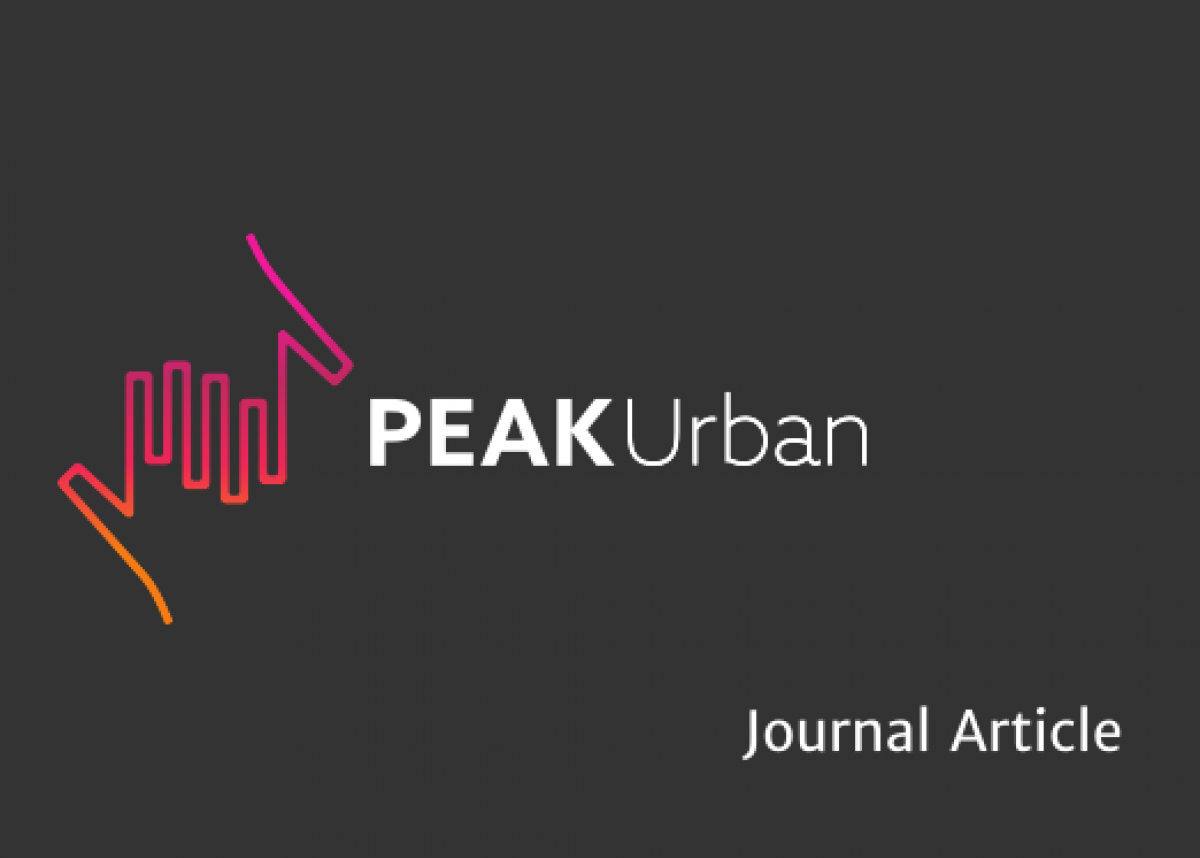
THE CHALLENGE
Urbanisation processes have significantly changed the structure and development of cities, and an increasing majority of urban dwellers in Africa now live in informal settlements. The structural characteristics of informal settlements, such as inadequate housing, overcrowding and a lack of basic services, have contributed to an associated increased burden of infectious disease, including tuberculosis (TB) and diarrhoeal diseases, as well as other chronic respiratory diseases, accidents and injuries, and mental disorders. The urban poor population is most vulnerable to infectious diseases and this can further entrench health and socioeconomic inequalities.
As the most urbanised sub-Saharan African country, South Africa is experiencing a continued increase in the number of urban informal settlement dwellers, with many located in the Western Cape Province – one of the nine provinces of South Africa. The Human Settlements government sector has committed to the development of sustainable human settlements. However, health considerations are rarely, if not at all, included within the national and sub-national agendas of non-health sectors, including the Human Settlements sector, and the siloed vertical nature of policymaking has meant that policy coherence between sectors is limited.
OUR APPROACH
This set of activities was conceptualised by Associate Professor Tolu Oni, Honorary Associate Professor at the School of Public Health and Family Medicine, UCT; and founder/lead of the Research Initiative for Cities Health and Equity (RICHE). The broader research study, entitled ‘Integration of housing and health policies for inclusive, sustainable African cities’, is funded by The LIRA 2030 Africa Programme, with Associate Professor Oni as Principal Investigator. Funding was also received from the Cape Higher Education Consortium Western Cape Government partnership Innovation grant; with both grants funding much of the data collection.
As most factors influencing health lie outside the health sector, intersectoral policies and the sharing of ideas are needed to address the various underlying factors of urban living environments that are posing an unequal threat to the health of the urban poor. The Health in All Policies (HiAP) approach acknowledges the important influence that structural and socioeconomic factors (i.e. the conditions in which people are born, live, work and age) have over population health; and advocates for intersectoral approaches to foster healthy communities and environments.
These research activities seek to explore the feasibility and need for incorporating health considerations into the Western Cape Government’s (WCG) Human Settlements policy landscape, in order to mitigate the health impacts of inadequate housing.
The research activities are evaluating intersectoral policies and the inclusion of health considerations for mitigating risks of inadequate housing in the Western Cape Province of South Africa.
The research also assesses health implications of housing and urban planning policies within the context of inadequate living conditions, and explores the barriers and enablers to incorporating health into housing and urban planning policies.
Lastly, the project investigates the use of intersectoral data for monitoring place and health associations through spatial analysis in a pilot site.
LATEST DEVELOPMENTS
We have completed a systematised literature review of the health impact of urban informal settlements within the context of South Africa. The findings highlight a growing body of research investigating the ways in which living environments – comprising the physical housing structure, the psychosocial home environment, and characteristics of the neighbourhood and wider community – can influence physical, mental and social health and wellbeing.
Specifically, the available literature suggests that interventions to address characteristics of the living environment, such as improvements to water and sanitation, dedensification, and the upgrading of the housing structure, may assist in reducing the risk of disease transmission.
The study highlighted a shortage of longitudinal research that investigates how built environment interventions within South African informal settlements are impacting community health over time. This is a concerning finding for a country that has implemented an incredibly ambitious public housing delivery programme, as an effort to improve housing and basic services for the urban poor. However, for efficient monitoring and evaluation, there is a need for improved administrative health and housing data to be collected at small spatial scales which may be integrated with data from other sectors.
People








